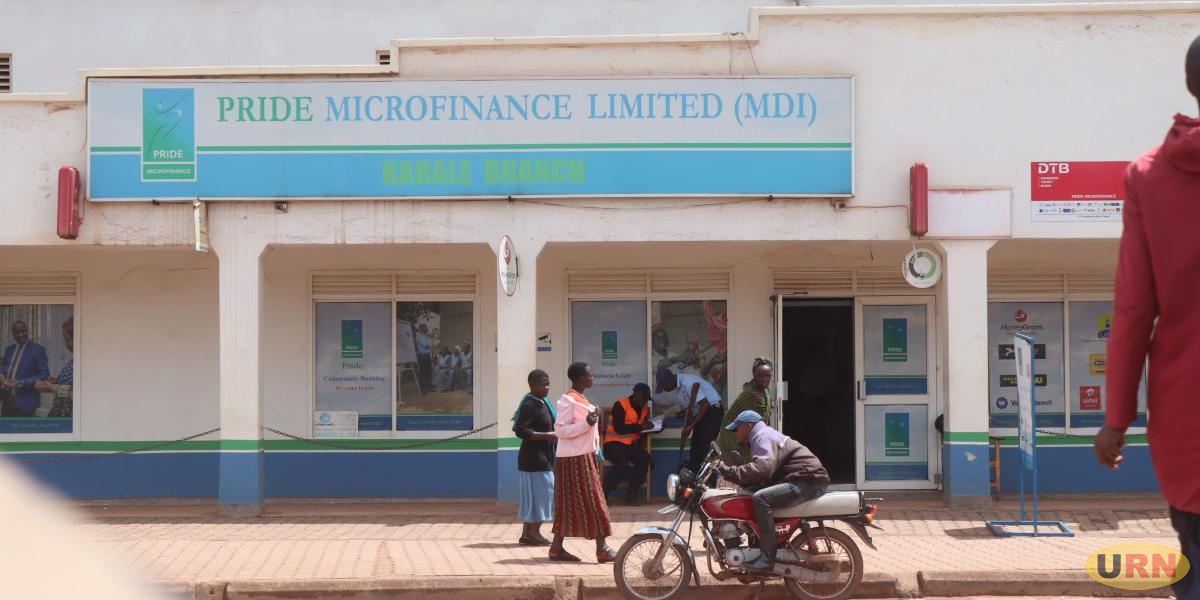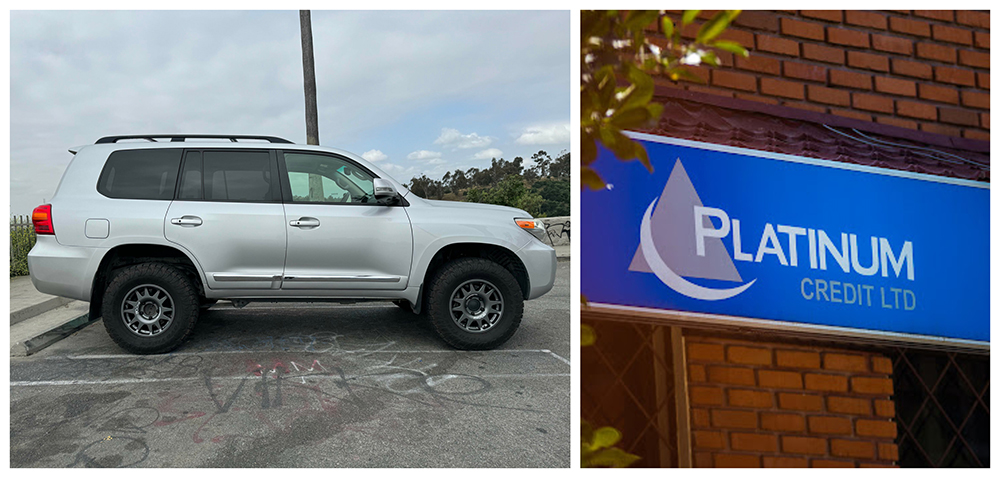Joel Aita of Joadah Consult and three other firms will have to seek an arbitratot to mediate in a payment dispute with the Uganda Investment Authority (UIA) for works at the Namanve Industrial Park, court has ruled.
The decision followed a legal battle in which Joadah, Roughton International Ltd, Turner and Townsend International Ltd, and Basic Group Ltd, accused UIA of failing to pay over Shs 11.3 billion (€2.8 million) in consultancy fees.
In her ruling, Justice Patience Rubagumya directed the parties to agree on an arbitrator within 20 days or seek assistance from the International Centre for Arbitration and Mediation (ICAMEK), which she said is the legally recognised appointing authority.
UIA had hired the firms to supervise the development of infrastructure at the Namanve industrial park under a contract worth €8.8 million (Shs 35 billion).
The firms, represented by Ivan Kyateka of Tumusiime, Kabega & Co. Advocates, told the court that despite completing their work, UIA had refused to clear part of their payments for over 18 months.
Kyateka argued that since UIA had breached the contract and the parties could not agree on a neutral arbitrator, the court should appoint one to adjudicate the dispute.
“There is currently no institutional appointing authority in Uganda within the meaning of the Arbitration and Conciliation Act,” Kyateka argued.
However, UIA, through its Corporation Secretary Patience Kabiije, opposed the application.
The authority denied that there had been any failure to agree on an arbitrator, calling the application “premature, misconceived, and devoid of merit.”
“The Respondent has at all material times acted diligently, transparently, and in good faith to facilitate the commencement of arbitration,” Kabiije stated in her affidavit.
UIA told the court that it had proposed five qualified and independent arbitrators as early as January 2023, but the applicants rejected three and failed to respond to the other two, despite repeated reminders.
“The applicants’ conduct has been marked by persistent delay and unwillingness to cooperate in good faith,” UIA argued.
UIA said it had even proposed retired Justice James Ogoola as a neutral arbitrator to break the deadlock, but the firms ignored the suggestion.
After reviewing the submissions, Justice Rubagumya agreed that both sides were bound by a valid arbitration agreement.
However, she ruled that the court’s role was limited under the Arbitration and Conciliation Act, noting that section 9 of the law bars judicial intervention except in specific circumstances.
She further clarified that there is a competent appointing authority in Uganda, ICAMEK, which was formally designated in 2019 to perform that function.
“Section 11(3)(b) of the Arbitration and Conciliation Act states that if the parties fail to agree on the appointment of a single arbitrator, the appointment shall be made, upon application by a party, by the appointing authority,” she ruled.
She declined to appoint an arbitrator as requested by Aita and other firms, instead giving both sides 20 days to agree on one.
In the event of failure, she ordered, either party shall submit a written request to ICAMEK as an appointing authority under the Arbitration and Conciliation Act to appoint an arbitrator.”
Each party was ordered to bear its own costs of the application.
The ruling means the two sides (the firms and UIA) will have to move their dispute from the courtroom to the arbitration table.
“It is in the interest of justice to respect the parties’ autonomy,” she said. “UIA has not failed or refused to participate in the appointment process and remains ready to proceed once the parties meaningfully engage,” Rubagumya said.
The ruling brings temporary closure to a standoff that had stalled the multi-million-euro industrial park project for months.
It remains to be seen whether the firms and UIA can now find common ground through ICAMEK.







